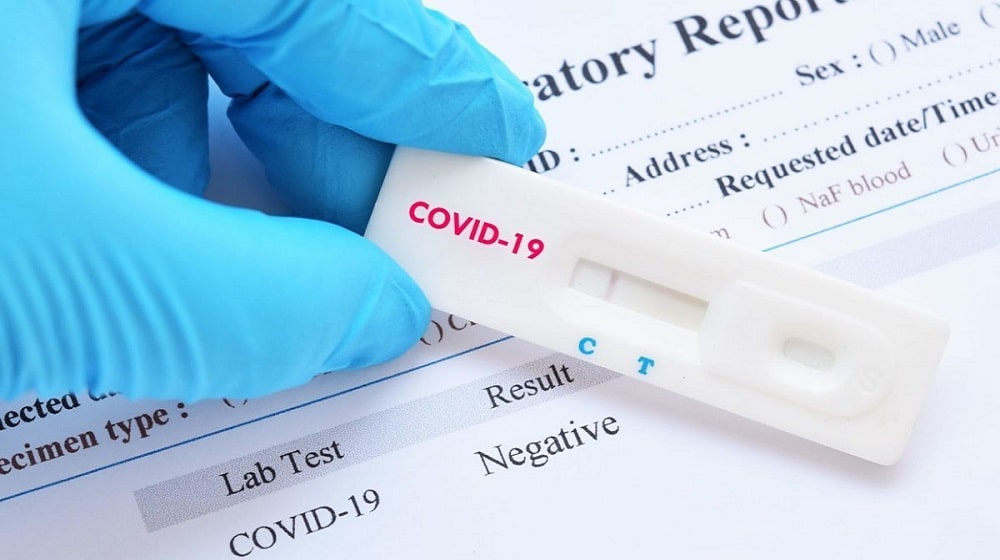The Civil Aviation Authority (CAA) has set up special labs at all international airports to conduct rapid PCR tests for passengers traveling to the United Arab Emirates (UAE).
The move is as per the UAE government’s guidelines which require a PCR test taken 48 hours before departure and a rapid PCR conducted 04 hours prior to departure for travel to UAE from Pakistan, India, Bangladesh, Sri Lanka, and Nigeria.
Director General CAA, Mr. Khaqan Murtaza, said that after the installation of rapid PCR labs, flight operations to different UAE destinations had been started from all major airports.
ALSO READ
PAF Transfers Security Arrangement of Aeronautical Complex And Minhas Airbase to SPU
Overall, a total of 61 flights have operated since the RT-PCR facility has been established at airports nationwide, with a total of 8,910 rapid PCR tests conducted for UAE-bound passengers. However, a total of 11,995 passengers have traveled till 15 August, including UAE transit passengers.
This week, a total of ten flights have been operated from Islamabad International Airport carrying 2050 passengers, eight from Allama Iqbal International Airport carrying 1626 passengers, and 14 from Bacha Khan International Airport carrying 2,561 passengers.
Similarly, a total of six flights have been operated from Jinnah International Airport carrying 1500 passengers and two from Faisalabad Airport carrying 277 passengers.
ALSO READ
Here’s the Official T20 World Cup Schedule
Likewise, six flights carrying 938 passengers have been operated from Multan International Airport since 8 August, and 15 flights have been operated carrying 2,801 passengers from Sialkot International Airport since 9 August.
The rapid PCR facility is also available at the Quetta airport. However, the first scheduled flight will depart on 18 August from the provincial capital.





















